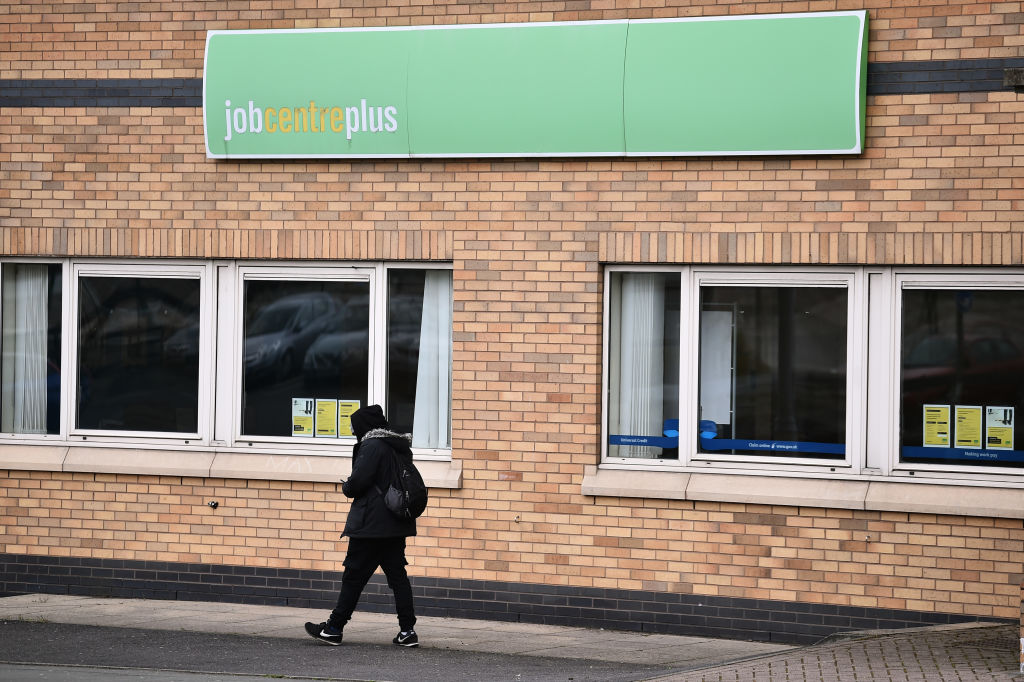It’s been forty years since I took my A-levels. Yet one particular dream still gatecrashes my sleep with irritating regularity: I’m in the exam hall, about to turn over the paper, but I’m trembling with terror because I haven’t done enough revision.
Spool forward four decades and it might seem slightly nuts to think that despite being in my late 50s, the remembered stress of sitting A-levels should still stalk the subconscious. But given so much was riding on the outcome, perhaps it makes some degree of sense. It’s why I have every sympathy for the 821,875 students who sat A-levels this summer and who will receive their results this morning.
The current admissions system is risible
For though many candidates will have secured offers at preferred universities, theirs is a conditional win. It only takes a dropped grade to lead to the unravelling of a carefully imagined future. One which will be repurposed with retakes or an unseemly scramble through clearing to try and get a place somewhere (anywhere).
It’s all so unnecessary. But this circus happens every year because of the UK’s skewed university application process. One which, unlike any other admissions system around the world, is predicated on chaos – since the awarding of places hinges on pure speculation. University offers are made months before results day, based on grades teachers think their students will achieve. It’s a set-up which is as flawed as it is unfair.
It’s why the government must completely overhaul the system so that candidates make their applications with results. It would, of course, require an adjustment of the academic year. So that, say, A levels are taken in March, results published in May and the admissions process – based on assured grades, not wild guesswork – completed in June and July. There might even be an argument for pushing the autumn term back a month if more time was needed.
The current admissions system – of applicants receiving a conditional offer in the spring and then enduring an agonising wait until late summer to see if they can take up their place – is risible. It’s like paying for food in a restaurant before the meal has arrived. It involves unnecessary manpower and hours of administrative time (not least thanks to the need for fielding calls to admissions offices from agitated parents making the case for their kids). Not only this, but what happens when a teacher underestimates a pupil’s performance in predicting their grades?
Indeed research from the UCL Institute of Education (IOE) found teachers are accurate in predicting results just 16 per cent of the time. Their study also found that nearly one in four disadvantaged students who go on to achieve AAB or better at A-level had predicted grades lower than their final results.
This anaemic ability to forecast the future could, for some young people, mean missing out on the chance of a chosen course or top-flight university. Indeed, the Sutton Trust has previously warned that poorer students are more likely to have their grades under-predicted than their wealthier peers, making them less likely to apply to the most selective institutions.
I know from personal experience the damage and time-wasting caused by the underprediction of grades. Back in the dark ages of 1985 I wanted to study English literature at university – then, one of the most popular courses on offer. However, my teacher told me she was predicting I would net a B rather than an A in the A-level – so I might struggle to get a place.
Confidence sapped, I reluctantly but successfully fielded an application for an easier-to-access degree in ‘combined studies’. (Me neither.) When the A-level results came out, I actually achieved an A. (Astonishingly my teacher told me afterwards, ‘I knew you’d do it’) Thrilled and frustrated, I raced over to my chosen university to see if there was any space left on their English course – thankfully they let me in.
The need for a radical update of our university applications process isn’t a new idea for the government. Back in 2019, Labour – then in opposition – pledged to scrap predicted grades and move to a fairer post-qualification admissions (PQA) system. Though not known for keeping promises, this is a manifesto pledge that should be dusted off and made reality.
Universities might grumble at such an upheaval to their calendars. And it would reduce time for students to find accommodation and secure their finances. But these are logistical problems, not insurmountable barriers. The benefits are far greater: no more crushed dreams over a single missed grade, no more hours wasted navigating clearing trying to find a lid for every pot.
Until things change, A-level candidates will continue to endure not only bad predictions but also bad policy. And doubtless many more sleepless nights.







Comments